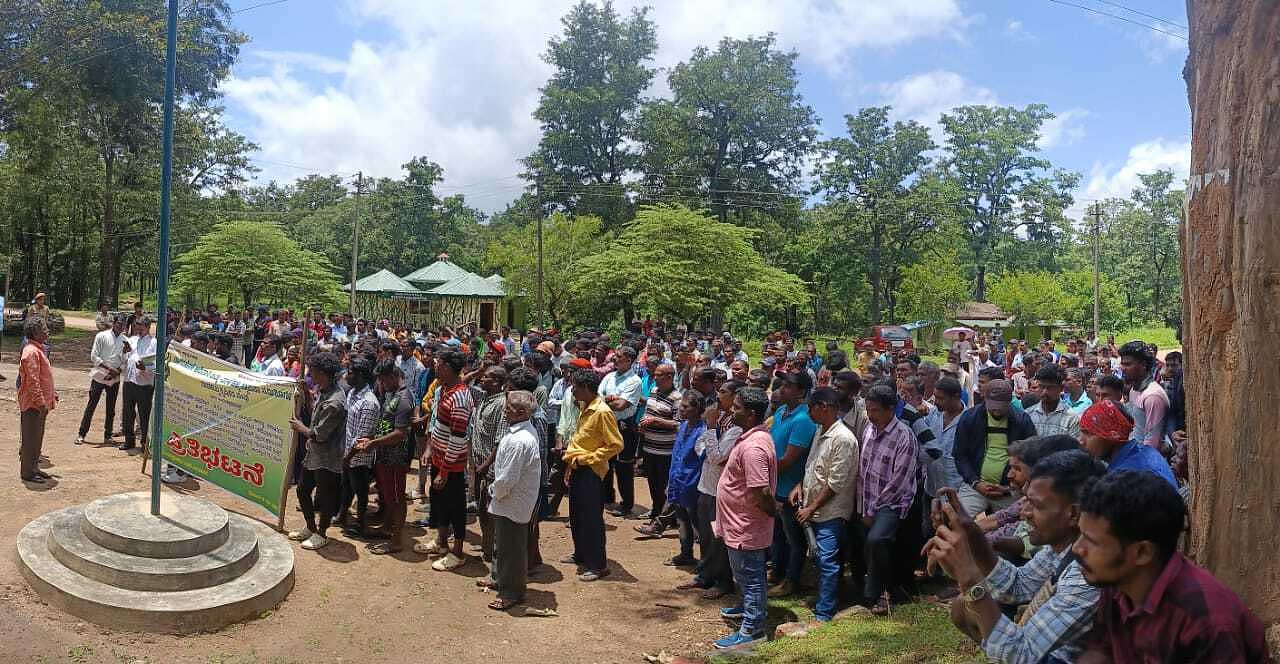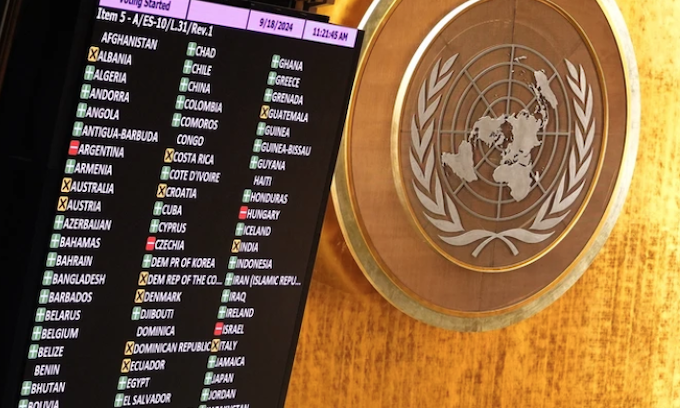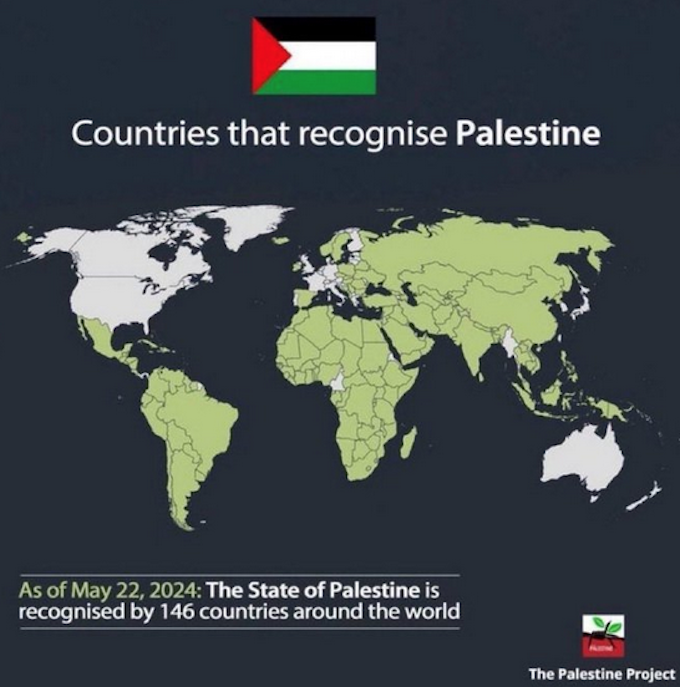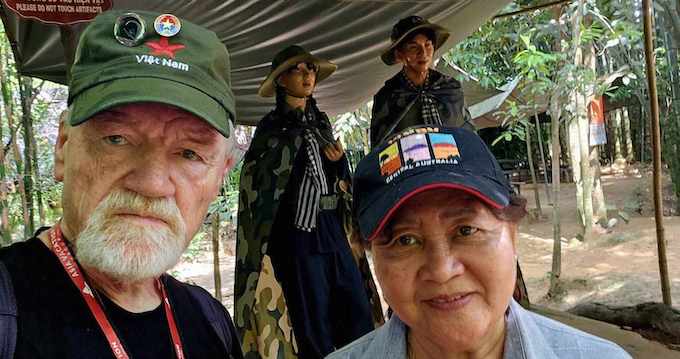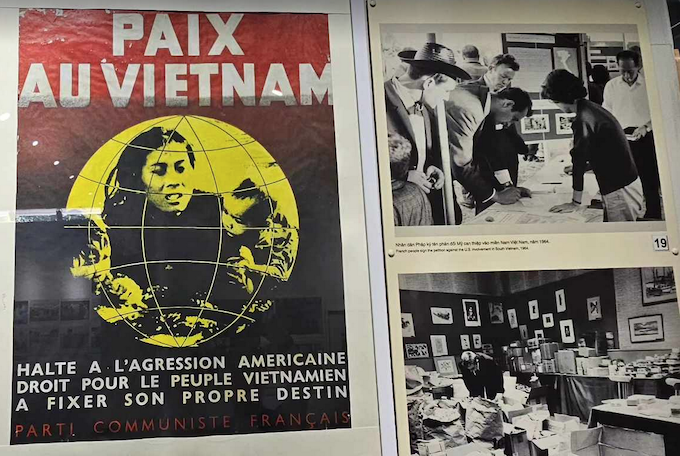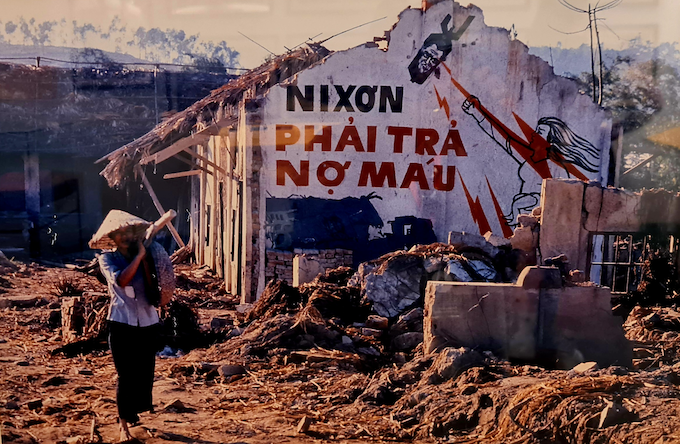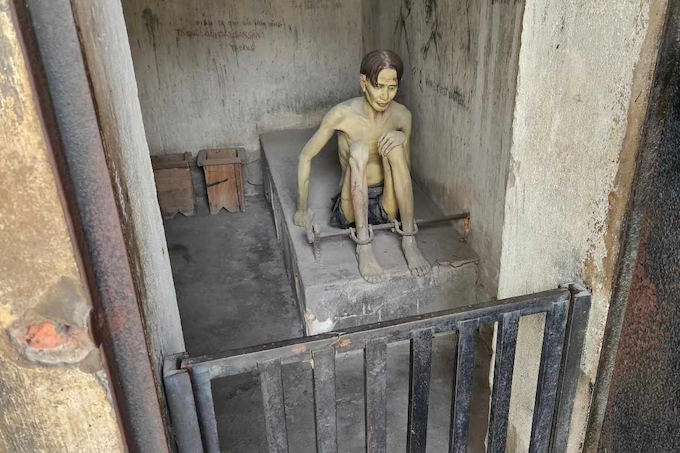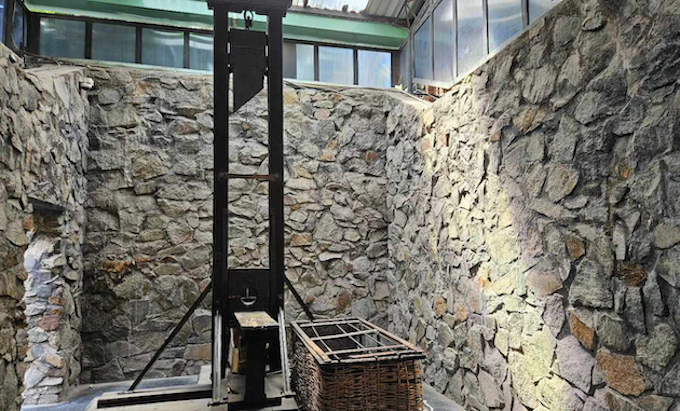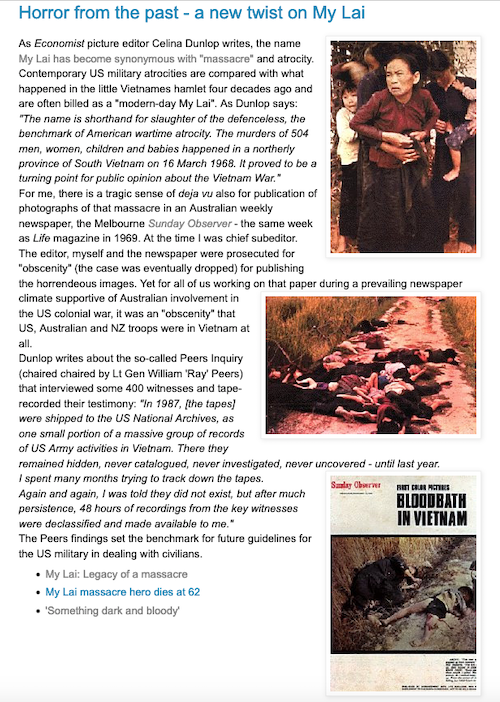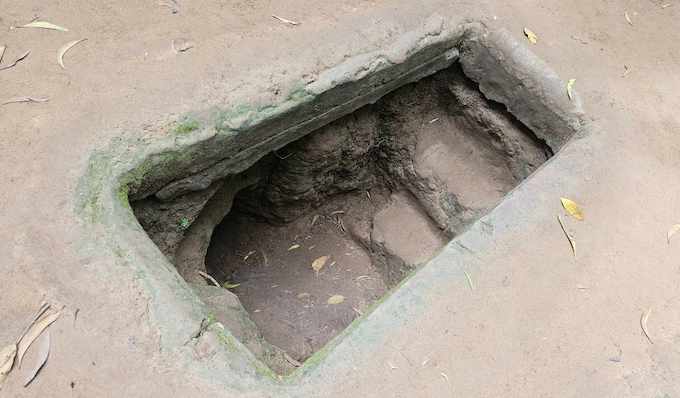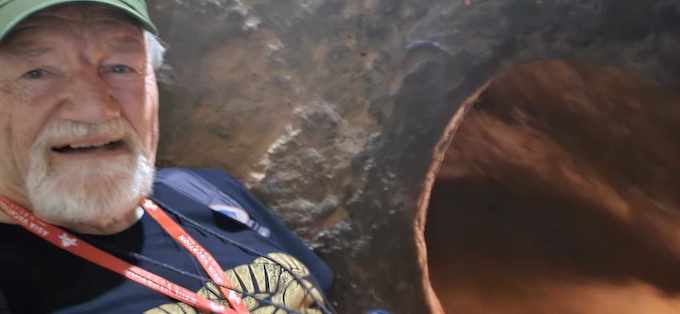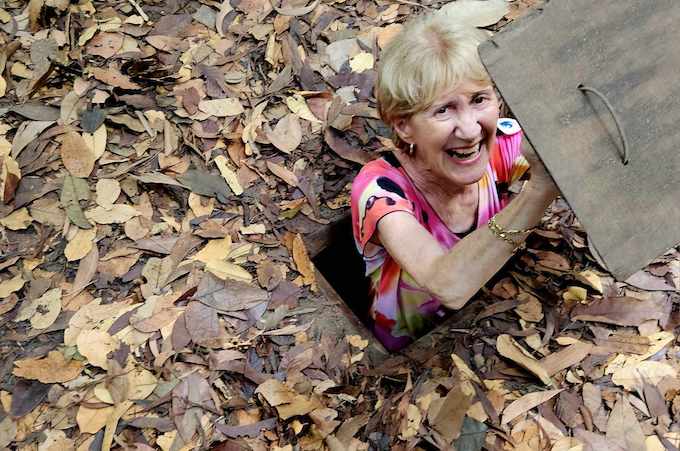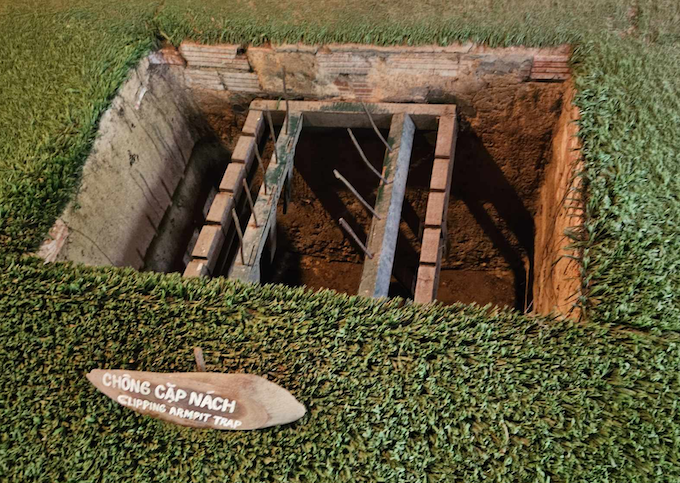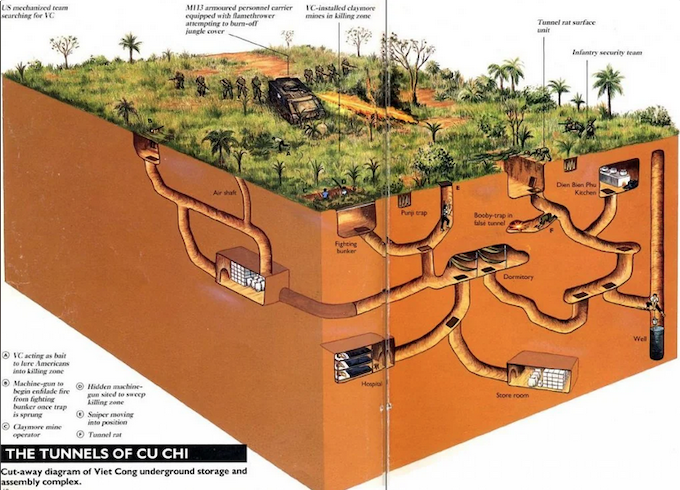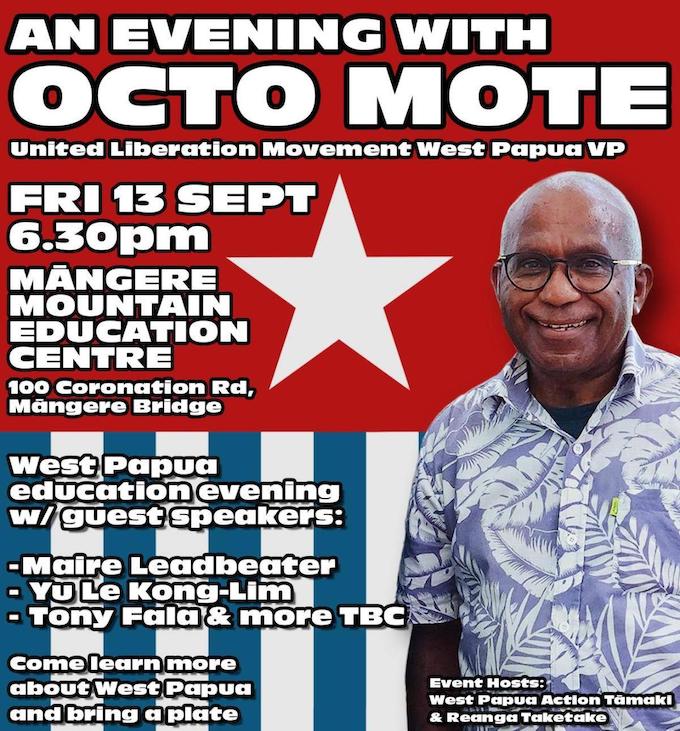Bahrain: Joint Letter on Human Rights Priorities to All Member States of the United Nations General Assembly
Re: 79th Session of the UN General Assembly
23 September 2024
Your Excellencies,
During the 79th session of the United Nations General Assembly (UNGA 79), we urge you to raise human rights priorities in Bahrain, including concerns about the continued arbitrary detention of human rights defenders, scholars, bloggers, and opposition leaders in Bahrain, the use of the death penalty, and the revocation of citizenship. The high-level general debate (24-28 September), pertinently themed “Leaving no one behind: acting together for the advancement of peace, sustainable development and human dignity for present and future generations,” is a critical opportunity to push for resolution on these long-standing human rights abuses.
The royal pardon issued by King Hamad bin Isa Al Khalifa on 4 September 2024, for 457 individuals, which was the third mass amnesty in 2024, included the release of over 150 political prisoners, according to research conducted by the Bahrain Institute for Rights and Democracy (BIRD). The first pardon, on 8 April 2024, included an estimated 650 political prisoners, while the second pardon, on 15 June 2024, largely excluded political prisoners, according to BIRD.
While the pardons this year are notable, resulting in the lowest number of individuals wrongfully imprisoned in Bahrain since 2011, they largely excluded prominent human rights defenders and leading opposition activists who played significant roles in the 2011 pro-democracy protests. They include:
- Abdulhadi Al-Khawaja, a Bahraini-Danish human rights defender, has been arbitrarily detained since 2011. Authorities have subjected Al-Khawaja to severe physical, sexual, and psychological torture.
- Dr. Abduljalil Al-Singace, an award-winning human rights defender, blogger, and scholar, has been arbitrarily detained since 2011. Dr. Al-Singace has been on a liquids-only hunger strike to protest the confiscation of his research manuscripts for over three years.
- Hassan Mushaima, a Bahraini opposition leader aged 76, has been arbitrarily detained since 2011. He, along with Dr. Al-Singace, has been denied adequate medical care, sunlight and ventilation despite being held in a medical centre, where he has been held in prolonged solitary confinement since 2021.
- Sheikh Ali Salman, the leader of the dissolved opposition party Al-Wefaq, has been imprisoned since 2014. Amnesty International called his 2018 life imprisonment conviction “a travesty of justice.”
Five UN experts recently expressed concern about the continued arbitrary detention of human rights defenders and opposition leaders who were excluded from the April pardon, raising alarm about the deteriorating health of Dr. Al-Singace, Mushaima, Sheikh Mirza Mahroos and Al-Khawaja, resulting from their detention. Al-Khawaja, Al-Singace and Mushaima have also all been included in the UN Secretary-General’s report on reprisals for cooperation with the UN.
Additionally, 26 individuals in Bahrain remain on death row at risk of imminent execution, many of whom allege torture and unfair trials. Mohammed Ramadan and Husain Moosa, who have now spent over a decade unlawfully detained, were sentenced to death in 2014 in an unfair trial marred by torture allegations. In 2021, the UNWGAD found that both men are arbitrarily detained and called for their immediate release.
Between 2012 and 2019, the Bahraini government revoked the citizenship of 990 individuals, and while citizenship of an estimated 698 individuals was restored by the King in 2019 and through courts, at least 292 individuals remain denaturalised, according to BIRD. This includes Sayed Ahmed Alwadaei, who was named in the 2024 UN Secretary-General’s report on reprisals against individuals who cooperate with UN mechanisms, which was presented at the 57th session of the Human Rights Council.
In light of the high-level General Debate which begins on Tuesday, 24 September, we strongly believe that this is a unique and vital opportunity for intensified diplomatic action to advocate for the release of human rights defenders, opposition leaders, death row inmates, and all those who remain unfairly imprisoned in Bahrain.
Thus, we respectfully urge your delegation to:
- Raise individual cases of human rights defenders and opposition leaders, namely Dr. Abduljalil Al-Singace, Hassan Mushaima, Abdulhadi Al-Khawaja, and Sheikh Ali Salman.
- Urge Bahraini authorities to end the use of the death penalty in Bahrain, raising the cases of Mohamed Ramadan and Husain Moosa, calling on Bahrain to commute all outstanding death sentences, and establish an official moratorium on executions.
- Call on Bahraini authorities to reinstate the citizenship of individuals rendered stateless on politically-motivated charges and reform their laws in line with their obligations under international law.
Sincerely,
- Bahrain Institute for Rights and Democracy (BIRD)
- ALQST for Human Rights
- Americans for Democracy & Human Rights in Bahrain (ADHRB)
- ARTICLE 19
- Bahrain Centre for Human Rights (BCHR)
- Cairo Institute for Human Rights Studies (CIHRS)
- CIVICUS
- Committee to Protect Journalists (CPJ)
- DAWN
- FairSquare
- Freedom House
- Front Line Defenders
- Gulf Centre for Human Rights (GCHR)
- Human Rights First
- Human Rights Watch
- Index on Censorship
- International Federation for Human Rights (FIDH), within the framework of the Observatory for the Protection of Human Rights Defenders
- International Service for Human Rights (ISHR)
- MENA Rights Group
- Middle East Democracy Center (MEDC)
- PEN International
- Rafto Foundation for Human Rights
- Reprieve
- Scholars at Risk
- The #FreeAlKhawaja Campaign
- The European Centre for Democracy and Human Rights (ECDHR)
- World Organisation Against Torture (OMCT), within the framework of the Observatory for the Protection of Human Rights Defende
The post 29 human rights organizations urge UN member states to raise the issue of human rights in Bahrain during General Assembly high-level debate appeared first on Americans for Democracy & Human Rights in Bahrain.
This post was originally published on Americans for Democracy & Human Rights in Bahrain.
